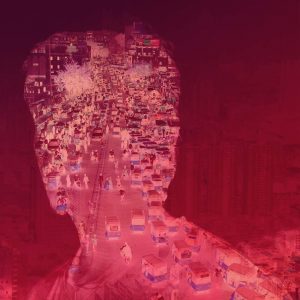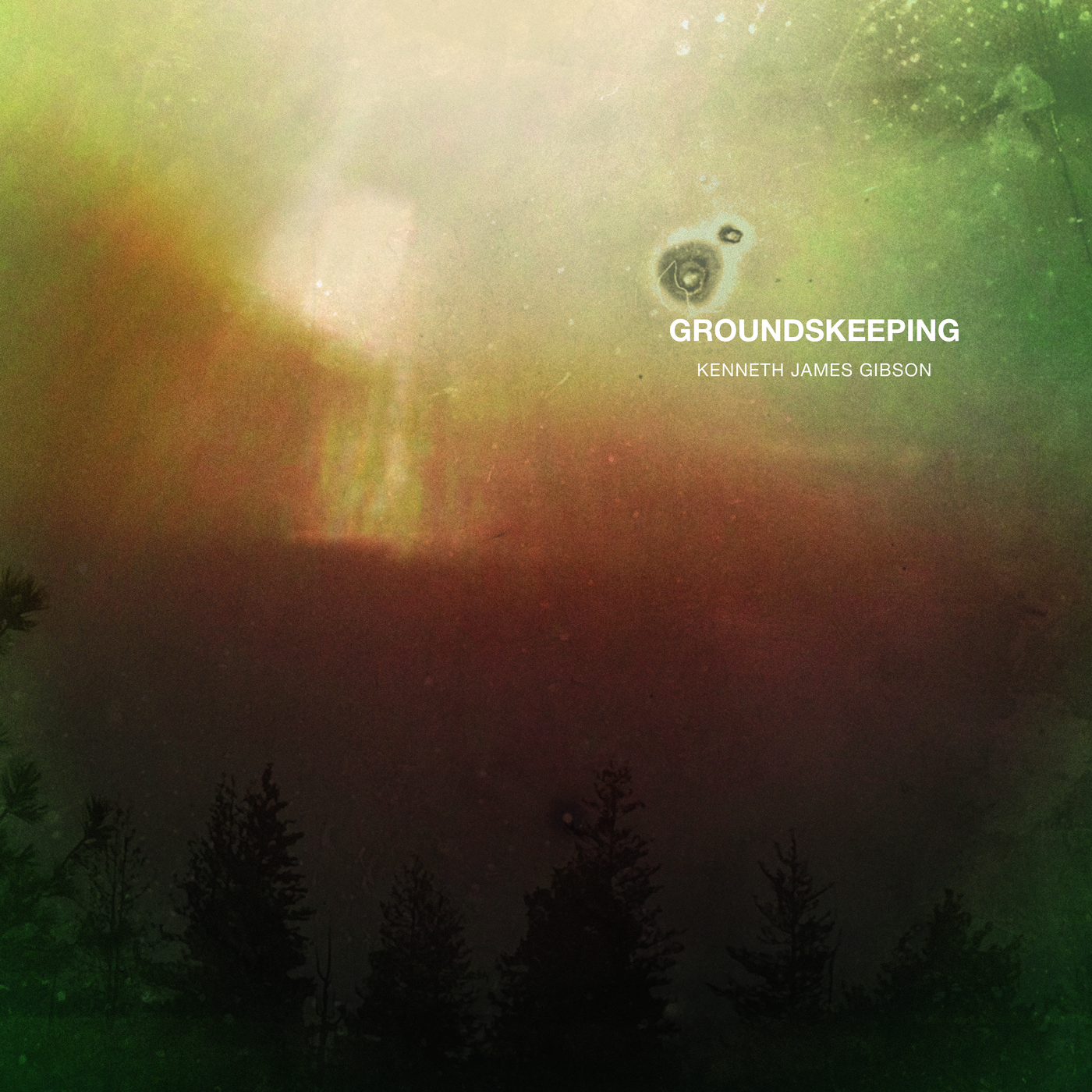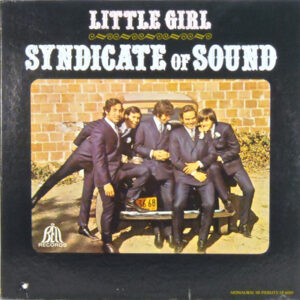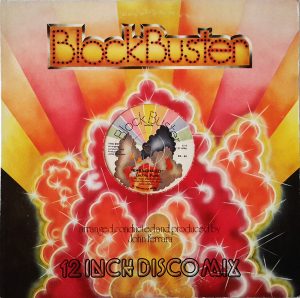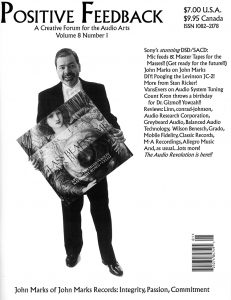Ambient music, like all other genres, has no rules. There may be, however, at least one tenant that many ambient artists collectively follow, or at least strive for, and that's the avoidance of sounding monotonous. This sounds obvious, but painting musically wide-open earthy and outer spacey landscapes is far from simple, even when they seem to sound too simplistic! Also, as with other art forms, the finished product may look or sound exquisitely simple; but the creative process usually requires daunting, arduous, and complex journeys. Ever hear someone say the simplest designs require the most complex engineering? That's what I'm trying to say about ambient music. It's also difficult to create big sound with less elements. The focus is shifted to the qualities of the sounds themselves, rather than the sheer number of sounds / tracks an artist uses in the layering of their music. Building grand, vast, yet musically minimal atmospheres that engage you rather than put you to sleep requires a meticulous nature, intuition, skill, and of course passion. Early influencers with this masterful skillset include Steve Reich, Philip Glass, and Michael Stearns.
Max Richter is a world renown electronic / ambient composer and producer whose body of work spans more than twenty years. His music has been featured in the cutting edge TV series Black Mirror, and his soundtrack work includes scoring the music for the genre-bending documentary film Waltz With Bashir. Electronic music devotees know the name from his amazing work with Future Sound of London on the timeless electronic masterpiece Dead Cities in 1996. That album changed everything: it shattered all the classifications. An interesting fact about Richter: he built his own electronic instruments when he was a teenager. He also studied composition and piano at Edinburgh University and the Royal Academy of Music. While known primarily as an electronic music artist, Richter has always embraced his love for classical music, and even released an electronic interpretation of Vivaldi's Violin Concertos entitled Recomposed - The Four Seasons. You can hear Richter's respect for his classical roots and love for electronic landscapes all over Voices 2. The record includes collaborators Mari Samuelsen on violin, Ian Burdge on cello, and Robert Zeigler conducting.
From the silky hum of the hovering synths on "Psychogeography," the introductory track, to the dark and beautiful Blade Runner sounding "Colour Wheel," Richter and his collaborators paint gorgeous symphonic images. "Follower" is haunting. Its strings and synths intertwine and overlap, sounding more and more like voices, slowly disappearing into a black background. The slow and steady ebb & flow of "Movement Study" (which suddenly feels aptly named by the way) is mesmerizing. There's these hovering organ-like synths, or they could be actual organs for all I know, and the ripple; the crest of these sounds is, and I honestly hate to say this: liquid. It's sonically textural, almost visual if that makes any sense. And its seeming simplicity is of no consequence; the beauty of its minimal structure makes the sound huge. Mari Samuelsen's violin playing on "Prelude 2" is magnificently pained. Her masterful poise compliments the chill of the piano, sounding more between the notes than above or below. "Little Requiems" features more futuristic Blade Runner-like sounds (the original film soundtrack—referenced in order to compliment). Taking in its airy and dark, yet wide-open sound, it's easy to imagine the vastness of that never-ending future industrial nightmare of the city of Los Angeles in the late 21st Century as depicted in that film. The depth and breath of those soundscapes are what you get throughout Voices 2.
It's a splendid yin yang journey through light and dark, organic and symphonic, and the sound is freakin' huge. This isn't for the dance floor or cocktail hour. This is a record you've got to experience as a record (whether streaming or in analog) in order to fully appreciate the breadth and scope of its dimensional beauty. It's far from sunshine and roses here. There's some heavy sonic darkness going on at times, but it's gorgeous nonetheless. I say spark up, pour that drink, whatever your fancy, hit the power button on your amplifier, and just relax and enjoy the atmospheres of Voices 2. In the midst of these crazy ass times, it's a wonderful musical trip.




